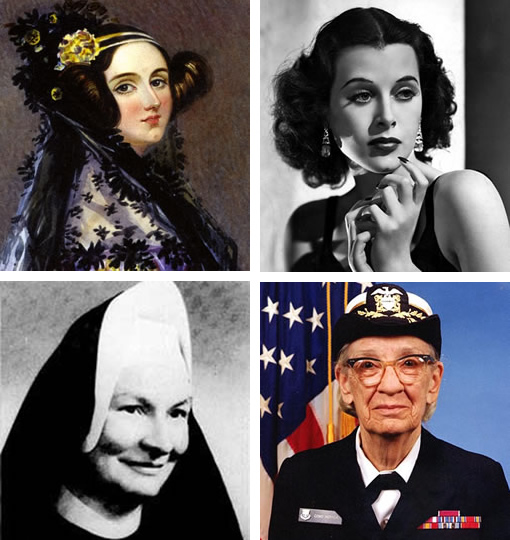Our first paper on the Databox, a personal, networked service that collates personal data and can be used to make those data available is now available (open access) on arXiv. Enjoying reading it and let me know what you think.
Title: Personal Data: Thinking Inside the Box
Authors: Hamed Haddadi, Heidi Howard, Amir Chaudhry, Jon Crowcroft, Anil Madhavapeddy, Richard Mortier
Abstract:
We propose there is a need for a technical platform enabling people to engage with the collection, management and consumption of personal data; and that this platform should itself be personal, under the direct control of the individual whose data it holds. In what follows, we refer to this platform as the Databox, a personal, networked service that collates personal data and can be used to make those data available. While your Databox is likely to be a virtual platform, in that it will involve multiple devices and services, at least one instance of it will exist in physical form such as on a physical form-factor computing device with associated storage and networking, such as a home hub.
